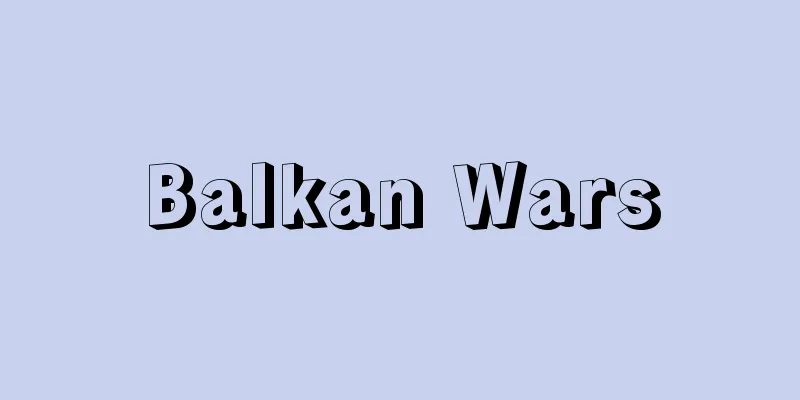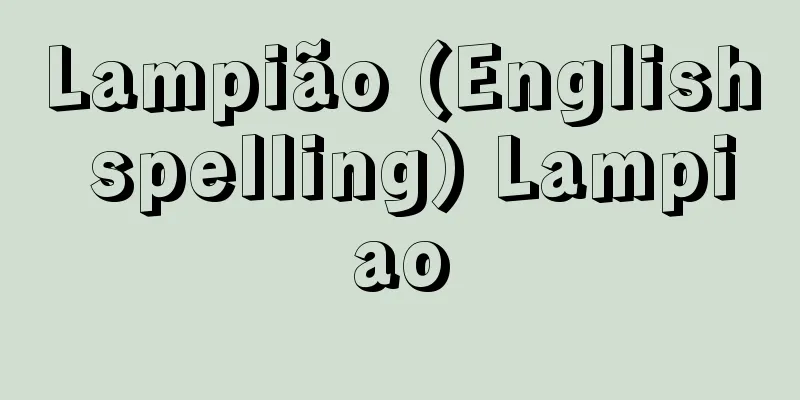Balkan Wars

|
Two wars were fought in the Balkans between 1912 and 1913. FirstBetween March and October 1912, the small Balkan states of Serbia, Montenegro, Bulgaria, and Greece signed separate alliance treaties to form a defensive alliance (the Balkan League) for the purpose of joint defense against the Ottoman Empire. This alliance was first organized by Balkan states that were growing increasingly resentful of the 1908 Young Turk revolution, which advocated the modernization of the Ottoman Empire and aimed to establish a centralized system centered on Turks. In the same year, when the dual Kingdom of Austria-Hungary annexed Bosnia-Herzegovina, Russia, in an attempt to prevent Austria's advance into the Balkans, strongly appealed to the Balkan states to form an alliance. However, the direct trigger for this was the year-long stalemate of the Italo-Turkish War that began in September 1911. Taking advantage of this opportunity, the Balkan League was established, and in October 1912, the Balkan countries one after another declared war on the Ottoman Empire, thus starting the First Balkan War. The Ottoman Empire, which had sent a large number of troops to North Africa to fight Italy, was attacked by the Balkan countries' troops, which numbered more than twice as many, about 720,000, and was defeated in about two months. When negotiations for a peace treaty began, Enver Pasha, the leader of the "Young Turk," who insisted on continuing the war, staged a coup in January 1913, seized full power, and resumed the war the following month. However, the Ottoman Empire suffered further defeats, and in the end, a peace treaty was signed in London in May of the same year, losing all of Europe except for the area around Istanbul. [Yoshihiro Shiba] SecondThe Second Balkan War, a clash of nationalism among the Balkan nations, began in June 1913 when Bulgaria attacked Greece and Serbia over the territory lost by the Ottoman Empire, mainly Macedonia, including the port of Thessaloniki. In July of the same year, Romania, which claimed Dobruzia, and Turkey, which wanted to recover its lost territory, also declared war on Bulgaria. Attacked from all sides, Bulgaria was quickly defeated and signed a peace treaty in Bucharest in August. As a result, Greece gained most of Macedonia along the Aegean Sea, including Thessaloniki, Serbia gained the northern and central parts of Macedonia, and Bulgaria only controlled a small part of it. Romania also gained the southern part of Dobruzia, and Turkey regained Eastern Thrace, including Adrianople (now Edirne). In the two wars, the victorious countries expanded their territories but were unable to fully satisfy their territorial claims, while the defeated countries, Turkey and Bulgaria, increasingly demanded the recovery of their lost territories. As a result, the Balkan countries became even more antagonistic, and the interests of Russia and Austria became intertwined, creating a crisis situation that led to World War I. [Yoshihiro Shiba] "Modern Balkan History" by Kido Tsutomu (World Modern History 24, 1977, Yamakawa Publishing) " "Illustrated History of the Balkans" by Shiba Yoshihiro (2006, Kawade Shobo Shinsha) [References] | |Source: Shogakukan Encyclopedia Nipponica About Encyclopedia Nipponica Information | Legend |
|
1912~1913年にバルカン半島を舞台にして行われた二度の戦争。 第一次1912年の3月から10月にかけて、バルカンの小国セルビア、モンテネグロ、ブルガリア、ギリシア間に個別の同盟条約が結ばれ、オスマン帝国に対する共同防衛を目的とした防衛同盟体制(バルカン同盟)が成立した。この同盟体制は、1908年にオスマン帝国の近代化を唱え、トルコ人中心の集権制確立を目ざす青年将校の「青年トルコ」革命に対し、反発を強めたバルカン諸国によって組織され始めた。さらに同年、オーストリア・ハンガリー二重王国がボスニア・ヘルツェゴビナを併合すると、オーストリアのバルカン進出を阻止しようとして、ロシアがバルカン諸国に強く働きかけ、同盟体制の形成を促した。しかし、この直接的な契機となったのは、1911年9月に始まったイタリア・トルコ戦争の1年にも及ぶ膠着(こうちゃく)状態である。これを好機としてバルカン同盟が確立し、バルカン諸国は1912年10月に相次いでオスマン帝国に宣戦を布告、第一次バルカン戦争が勃発(ぼっぱつ)した。イタリアとの戦いのため、北アフリカに大量の軍隊を派遣していたオスマン帝国は、約72万という倍以上のバルカン諸国の軍隊の攻撃にあい、およそ2か月で敗北した。講和条約の交渉が始められたとき、戦争の継続を主張する「青年トルコ」の指導者エンベル・パシャが1913年1月クーデターを起こし、全権を掌握して翌月戦争を再開した。しかし、オスマン帝国はさらに敗北を喫し、結局同年5月にロンドンで講和条約を締結して、イスタンブール周辺を除くヨーロッパ全土を失った。 [柴 宜弘] 第二次バルカン諸国のナショナリズムの衝突ともいうべき第二次バルカン戦争は、オスマン帝国が失った領土、主として良港テッサロニキを含むマケドニア地方をめぐり、1913年6月にブルガリアがギリシアとセルビアを攻撃することによって開始された。同年7月には、ドブルジアの領有を主張するルーマニアと、失地回復をもくろむトルコもブルガリアに宣戦を布告した。四方から攻撃を受けたブルガリアはたちまち敗北に追い込まれ、8月にブカレストで講和条約に調印した。この結果、ギリシアはテッサロニキを含むエーゲ海沿いのマケドニア地方の大部分、セルビアはマケドニア地方の北部と中部を領有することになり、ブルガリアはそのごく一部を支配するにとどまった。また、ルーマニアはドブルジアの南部を獲得し、トルコもアドリアノープル(現エディルネ)を含む東トラキア地方を回復した。 二度にわたる戦争で、戦勝国は領土を拡大したものの領土要求を完全に満足させることはできず、一方、敗戦国のトルコやブルガリアは失地回復の要求を募らせた。この結果、バルカン諸国は対立関係をいっそう深め、これにロシアやオーストリアの利害が絡み、第一次世界大戦へと導く危機的状況が醸成された。 [柴 宜弘] 『木戸蓊著『バルカン現代史』(『世界現代史24』1977・山川出版社)』▽『柴宜弘著『図説バルカンの歴史』(2006・河出書房新社)』 [参照項目] | |出典 小学館 日本大百科全書(ニッポニカ)日本大百科全書(ニッポニカ)について 情報 | 凡例 |
>>: Balkan Socialist Federation
Recommend
Qianling
This is the joint tomb of the third Chinese Tang ...
Silencer - Sound muffler
A device that reduces the noise emitted from inte...
copper head
...The American cottonmouth A. piscivorus (water ...
Amoric - Amorigo
…They are divided into Canaanite and Aramaic lang...
Intermediate fiber
...The transformation of cancer cells into round ...
Abedeen, HS - Abedeen
…The fortresses of Bayat, Shahbulak, and Shusha, ...
Agnathids - Agnathids
A general term for fishes belonging to the phylum...
Gasho
...There are dongxiao of various lengths, but unl...
Outadokoro - Ooutadokoro
This was the place in charge of teaching and mana...
Cricket - cricket
A game similar to baseball, played mainly in the ...
Schlondorff, V.
... The film with the symbolic title "Farewe...
Aloe arborescens (English spelling)
…[Hiroshi Yuasa] [Aya Nitta]. … *Some of the term...
channel separation
...The ratio of the signal level to the level of ...
Frame wall construction method - wakugumi kabe koho
A construction method for building structures with...
Roles d'Oleron (English spelling)
…Later, in the Middle Ages, maritime law develope...









